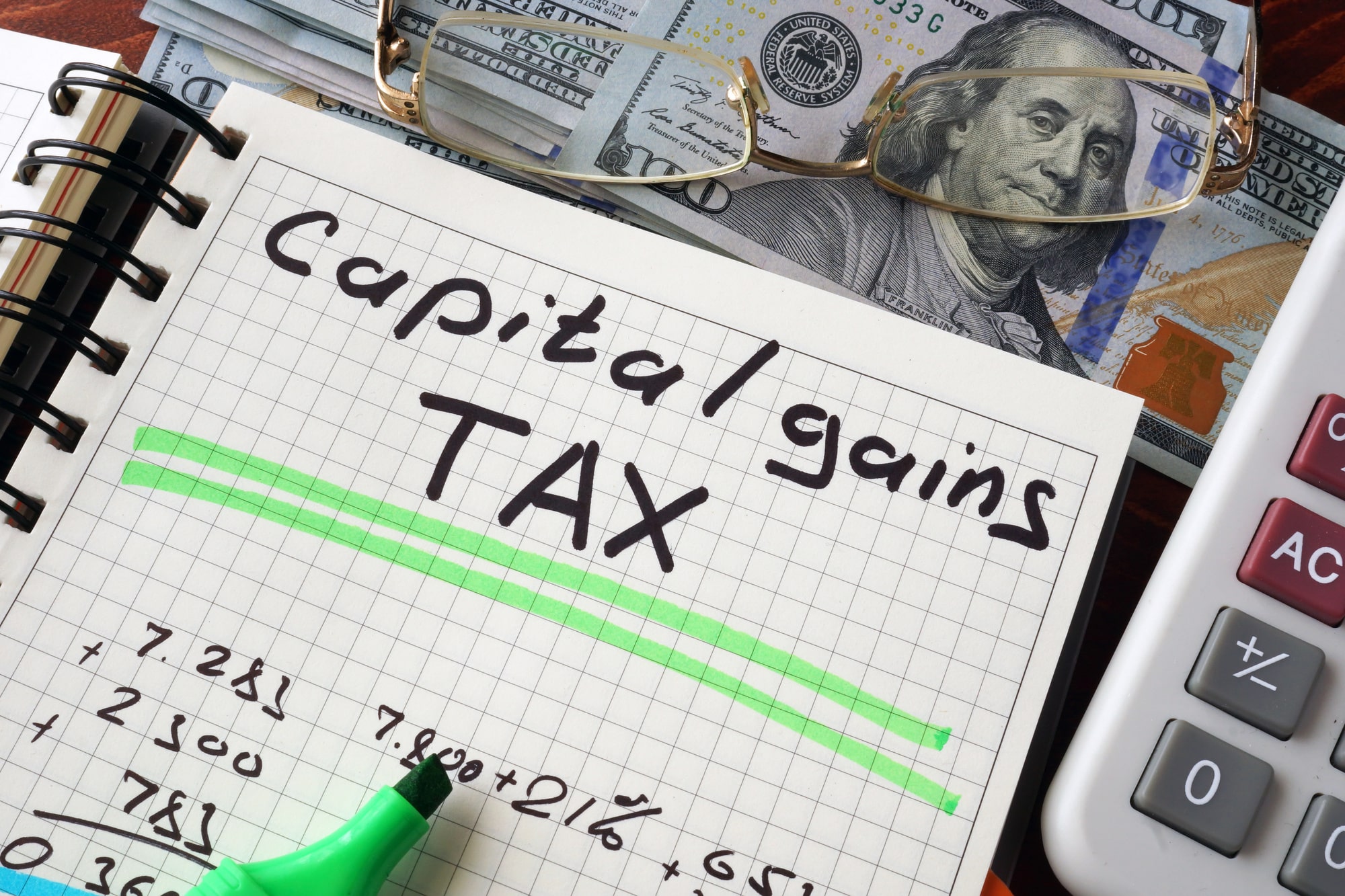
It’s essential to keep an accurate record of your rental property income and expenses. Yet, you need an efficient system to stay organized. Today, we’ll provide you with three tips to help you do just that.
Keep reading to learn three tips for efficient rental property accounting.
1. Use the Right Rental Property Accounting Software
The right rental accounting software makes it easier for you to keep track of ongoing bookkeeping. For example, you might use the software to create reports and keep track of receipts. Rental property management accounting software can also help you get ready for tax season in minutes instead of the task taking days or hours.
During the year, you can use rental property software to keep track of the health of your real estate portfolio. It can also give you timely alerts regarding late payments.
This kind of software can also help you to make complex real estate-related computations. For example, it can help you to track rental property depreciation accurately. The right software can also protect you from unexpected expenses.
2. Keep a Separate Business Account
Sometimes, new landlords overlook setting up a business account for rental property management. Yet, separating your personal and rental spending is essential, no matter your legal structure.
It’s critical that you have a bank account that’s dedicated solely to managing your rental property. You must use the account to collect all property-related income.
You’ll also use the account to pay any property-related expenses. If you own multiple properties, you might also consider opening a separate business bank account for each property.
3. Establish Checks and Balances
It’s vital that you record every transaction in your software system. However, you must also reconcile those transactions. This practice involves making sure that all your records are accurate.
In other words, your bookkeeping ledger should say exactly what happened in real life with your finances. Your bank statement should serve as a record of all transactions.
The amount of time it takes to reconcile your rental property books varies. If you own a more complex property portfolio, then you must devote more time to the task.
You should reconcile your books monthly. It’s also helpful to compare your bank statement to your ledger at least once a week.
Stay On Top of Rental Property Finances
An understanding of how transactions relate to different parts of your business can also help you to keep track of your accounting more efficiently. Here, it’s important to understand the fees that come from three primary areas—your tenants, property, and business.
Sometimes, these sources of income may overlap. In this case, you may need to record these different kinds of profits in multiple ledgers.
Rental Property Investing Is a Team Effort
If you’re new to rental property investing, even these brief tips can seem overwhelming once you understand the scope of the tasks. Fortunately, there’s a solution. One of the most critical parts of building a successful rental property business is building the right team.
Your team should consist of your banker, lawyer, and accountant. You should also consider partnering with an expert property management company if you want to get the most out of your rental investments.
Your Partner in Rental Property Management
Hopefully, our brief primer on rental property accounting has provided you with helpful insights. Have you ever considered how much better your properties could perform with a team of experts on your side?
HomeRiver Group Triad is a team of the nation’s best property management experts. We can help your real estate portfolio perform as efficiently and profitably as possible.
Please feel free to contact us today to find out more about how you can get the most out of your rental properties.






